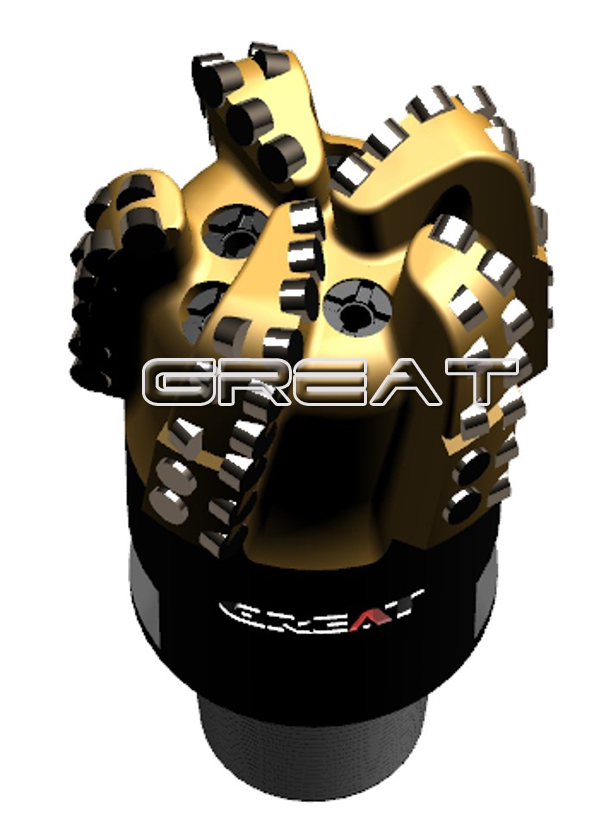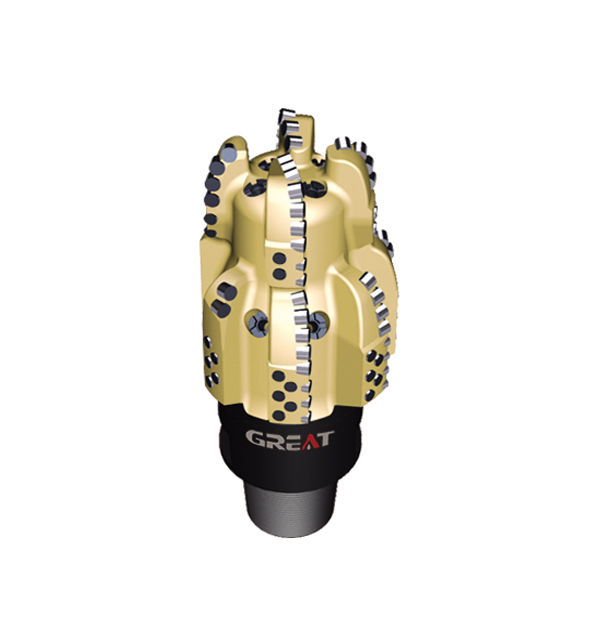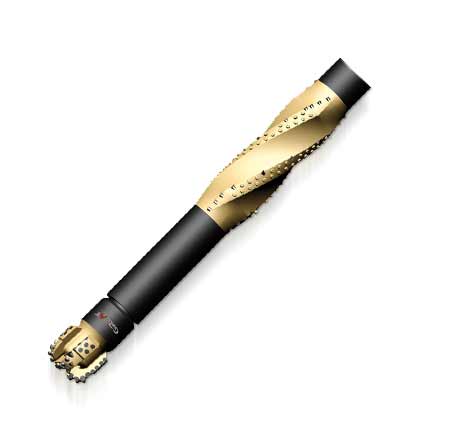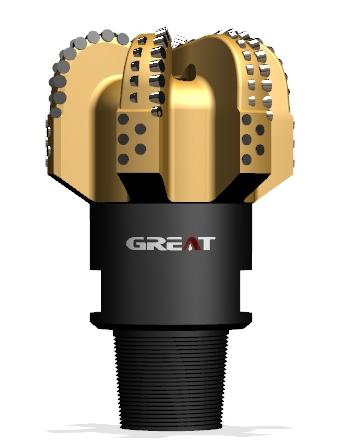1. The influence of different formation lithology on the failure of roller cone bits
The influence of formation lithology on drill bit failure is reflected in drilling skills: it affects the drilling speed of the roller cone bit and the bit footage; the drilling process presents complex situations such as lost circulation, blowout, well collapse and stuck pipe;
Change the mud function; affect the quality of the wellbore, such as well deviation and irregular well diameter, and then affect the cementing quality. After analyzing the formation lithology and its influence on drilling technology, the rationality of the selection and application of the bit can be judged.
Influence of clay, mudstone and shale layers: It is easy to absorb the free water in the mud and swell, so that the diameter of the well is reduced, which causes the roller cone bit to encounter resistance and even sticking. The block falls off, which expands the well diameter and constitutes a well collapse. Clean water or mud with low specific gravity and low viscosity should be used as far as possible for drilling. Carbonaceous shale has weak connection force and collapses easily. The argillaceous rock layer is soft, the drilling speed is fast, and the mud bag is also simple.
Sandstone: Its properties vary greatly depending on the particle size, composition and cement. The finer the particles, the more quartz particles, the more siliceous and ferrous cements, the harder it is, and the greater the wear of the roller bit, such as quartz sandstone;
The more muddy cement, the more mica and feldspar, the softer and easier to drill; the coarser the particles, the less cement, the better the permeability, and the permeability of the mud is prone to leakage, and the formation of more mud on the well wall. Thick mud cakes lead to complicated conditions such as sticking and sticking, which constitutes the abnormal use of the drill bit.
Conglomerate: In the conglomerate layer, the roller cone bit is prone to skip drilling, bad drilling and well wall collapse; when the pump displacement is small or the mud viscosity is low, the gravel particles are not easy to go back up, and the damage to the bit cone body and teeth is relatively high. big.
Limestone: Usually hard, with slow drilling speed and low footage. Some have cracks, cracks and holes. When drilling into cracks and holes, it will lead to poor drilling, air venting, and mud leakage.
The limestone formation has a great influence on bit footage, ROP and roller cone bit failure. The interweaving of soft and hard strata, such as mudstone and harder sandstone, is prone to three well deviations; when the formation dip angle is large, it is also prone to three well deviations.
Drilling in a deviated well can easily cause damage. When the rock layer contains soluble salts, such as gypsum layer, rock salt layer, etc., it will damage the function of the mud and affect the normal operation of the drill bit.
Ⅱ. Drilling skills of roller cone bits
Usually refers to the three controllable technical parameters in the drilling process of WOB, rotational speed and mud displacement. In practice, drilling skills should be developed according to formation conditions, drill bit type, drilling equipment and operator skill level. According to their different needs and conditions, drilling skills are divided into:
1. Optimize drilling skills: Under certain conditions, the drilling skills parameters of the roller cone bit can reach the best economic target.
2. Strengthen drilling skills: In order to achieve higher drilling speed, use higher drilling parameters than usual drilling parameters.
3. Special drilling skills: special methods or constrained drilling parameters are selected for special purposes.
Different drilling parameters require different standards and types of roller cone bits, and the failure methods of the bits in drilling also have their own characteristics and should be treated differently.
 English
English français
français Deutsch
Deutsch Español
Español italiano
italiano русский
русский português
português العربية
العربية tiếng việt
tiếng việt ไทย
ไทย Nederland
Nederland




